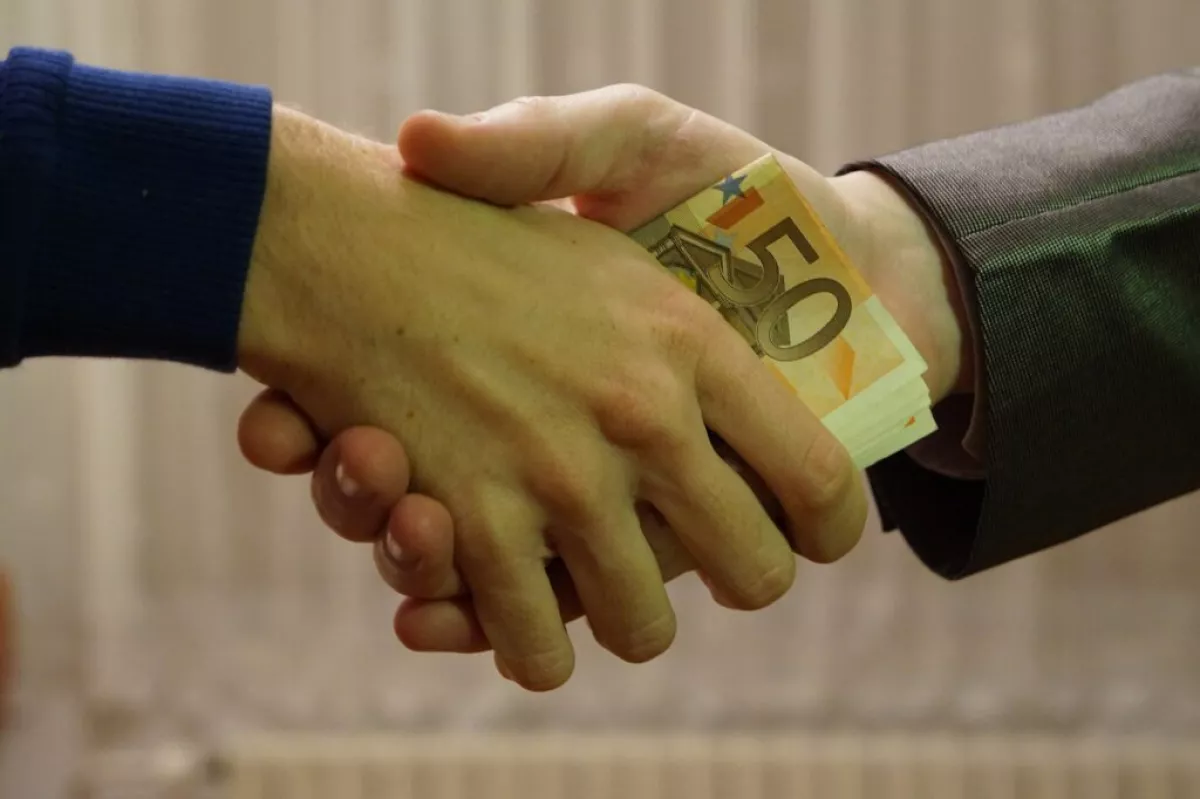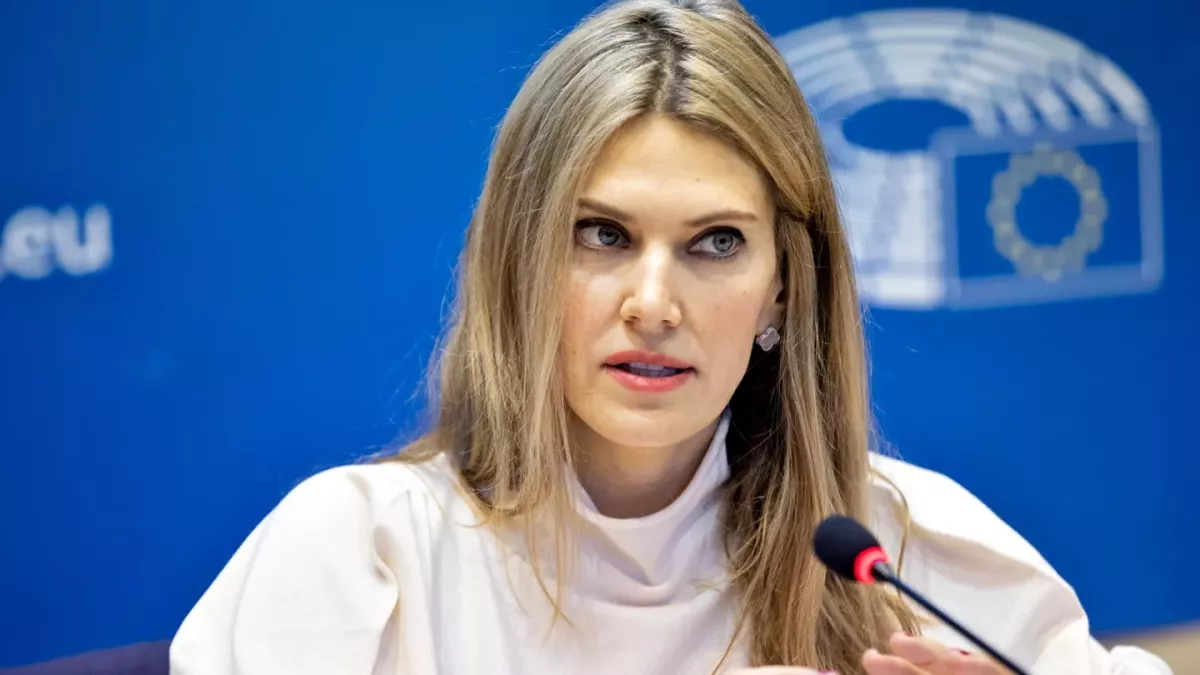Corruption costs Europe billions, undermines citizens' trust Article by Good Authority
The US-based Good Authority outlet has published an article by Mert Kartal, delving into corruption in the EU. Caliber.Az reprints some excerpts from the article.
“European Chief Prosecutor Laura Kövesi summarized the European Public Prosecutor’s Office’s (EPPO) findings last month:
There is no clean country. Everyone is affected by corruption and financial fraud.
The EPPO recently uncovered organized-crime schemes targeting European Union agricultural subsidies and the E.U. Recovery and Resilience Facility. The investigations suggest hundreds of billions of euros are at risk – a stark reminder that corruption in the E.U. is neither distant nor contained.
For decades, European countries were among the global leaders in good governance. Some still are. Denmark and Finland, for instance, continue to rank among the world’s most successful corruption controllers. They continue to set the bar high for everyone else.
But the broader picture in Europe is troubling. Across the 27 member countries, E.U. corruption control has deteriorated since the early 2000s. And it’s not just the “usual suspects” in Central and Eastern Europe that are struggling. Austria, once counted among Europe’s least corrupt countries, has also seen an alarming decline in accountability

Corruption is estimated to cost the E.U. as much as 990 billion euros every year, or approximately 6% of E.U. gross domestic product. But the damage goes well beyond money. Corruption erodes the rule of law and affects citizens’ daily lives in many ways.
Recent Eurobarometer surveys confirm what citizens already feel: In 16 member countries, at least three-quarters of the public believe corruption is widespread. About two-thirds of E.U.-based businesses share the same view.
Fighting corruption
By the 1990s, institutions like the World Bank and the International Monetary Fund had detailed anti-corruption agendas in place. But partly because of assumptions that existing members were performing well on governance, the European Union largely avoided the issue for another decade or more.
E.U. treaties define corruption mainly as bribery involving E.U. or member-state officials. This narrow definition leaves out more common forms of misconduct such as nepotism, cronyism, favoritism, and revolving-door abuses. In 2023, the European Commission reported that only eight member countries criminalized illicit enrichment. Penalties for similar offenses vary widely across Europe, from months to decades in prison. The outcome is a single market with shared borders but a patchwork of corruption laws.
E.U. enlargement rounds in the 2000s exposed further weaknesses. Initially, scholars expected membership conditionality to push aspiring members to adopt and maintain strong governance standards. But conditionality effectively stopped the moment a country joined the E.U.
The E.U. tried to correct course in the 2010s. These moves included strengthening anti-money laundering regulations and establishing the EPPO to investigate crimes affecting the E.U. budget. The 2014 E.U. Anti-Corruption Report seemed to be a uniquely powerful monitoring tool. But political pressure from member countries led to its discontinuation after just one cycle, marking another missed opportunity to build a coherent European approach to corruption.
Credibility problem
The E.U. also appears to face a credibility problem. Scholars have long criticized leaders in Brussels for coming down hard on corruption in some member countries while turning a blind eye to others with similar problems.

To make matters worse, internal scandals, such as Qatargate and more recent accusations surrounding former Justice Commissioner Didier Reynders, further erode public trust in the European Union. Experts argue that the E.U.’s painfully slow institutional response suggests these scandals are structural failures, not just isolated incidents.
Europe’s corruption problem will not vanish quickly. Progress requires consistency and institutional self-reflection – and prioritizing support for those who genuinely seek to tackle corruption domestically. Otherwise, the European Union risks weaker governance among its member countries, and even stronger Euroskepticism in the near future,” Mert Kartal writes in the article.








